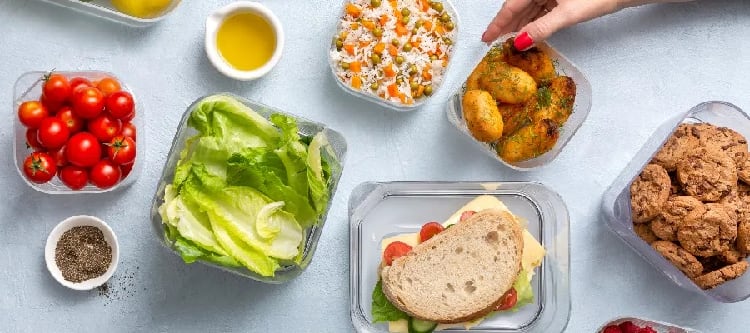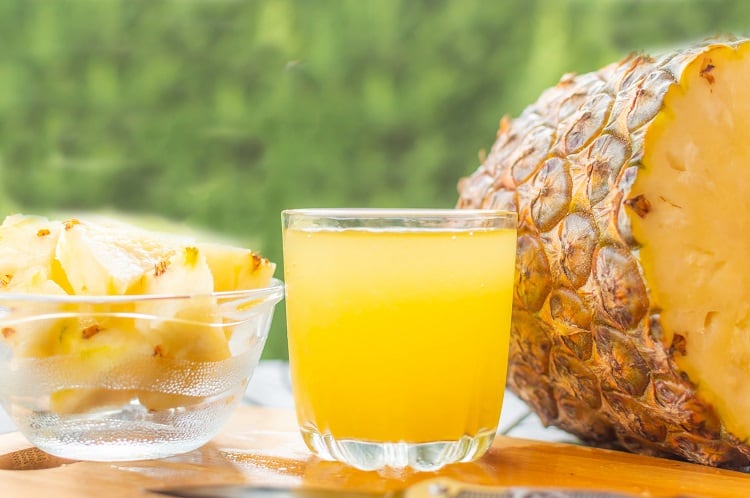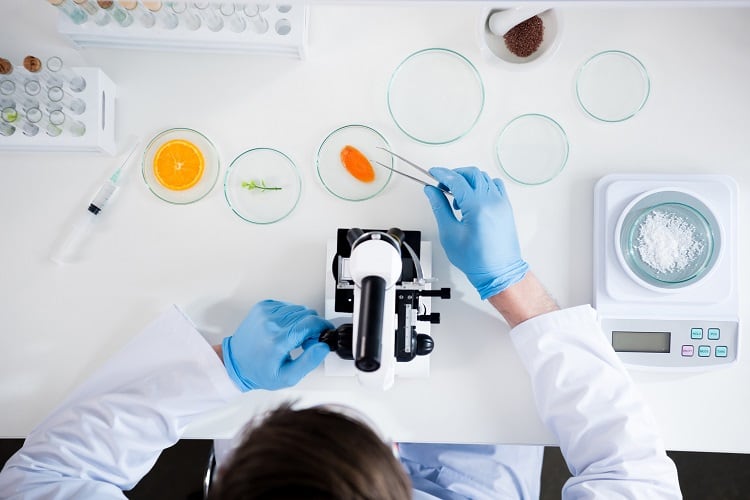An estimated 1.3bn tonnes of food is lots or wasted each year, equating to roughly one-third of the food produced for human consumption.
While food waste occurs throughout the entire value chain, in developed countries waste is largely skewed downstream. According to the UN Food and Agriculture Organization (FAO), in industrialised nations more than 40% of food losses occur at retail and consumer levels.
Food waste in the home is challenging to address, according to Tal Lapidot, founder and CEO of Israeli start-up Silo, because it relies on changing consumer behaviour.
Having conducted research into how food waste occurs in the home – food spoils too quickly; consumers forget what food they have in the fridge/cupboard; and they purchase too much – Silo has developed a ‘smart’ solution to address the issue.
Slowing down food spoilage
Silo’s research found that all too often, the food in people’s kitchens goes bad before being consumed. This is not helped by the confusion of ‘best before’, ‘use by’ and ‘once opened’ date labels.
In response, the start-up has developed patented deep vacuum technology it claims slows down food spoilage caused by oxidation and bacteria. “We’ve developed the first-in-the-world containers that vacuum seal with a single action,” Lapidot told FoodNavigator at the recent OurCrowd Investor Summit in Israel.
Once the food is inside the container, the consumer places it on top of Silo’s countertop device, gently presses down, and the container is vacuum sealed. It works via a patented airway system within the container, which allows for vacuum sealing ‘from the bottom up’. This means that air is suctioned from the bottom of the container, up a channel in its side, and out the top.
In so doing, Silo claims food can be kept fresh as least twice, and up to five times, as long.
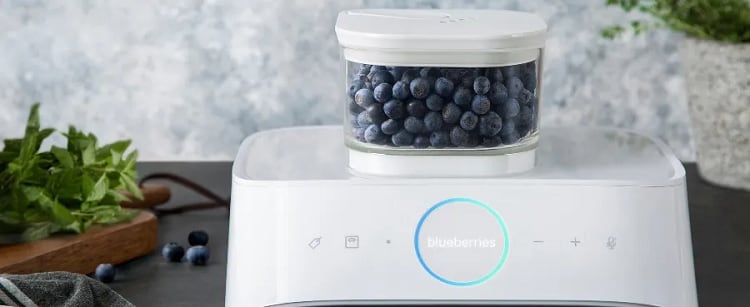
“There are other vacuum containers on the market. The problem is that 100% of them connect to the lid. When you connect at the lid, you create a troublesome user experience – people take between 5-6 different actions just to get the vacuum inside the container,” Lapidot explained.
This is not consumer-friendly, the CEO suggested. Consumers want something they can open easily, take what they need, and to ‘not think’ about the resealing process.
A connected, ‘smart’ device
To tackle the issue of consumers forgetting what foods they have on-hand in their kitchens, Silo has made the vacuum sealing system ‘smart’.
When consumers place the container on the device, it identifies a tag. The device’s automated scale technology then measures its contents. The system is also connected to Amazon’s cloud-based voice service Alexa, which will ask you what food product is inside the container.
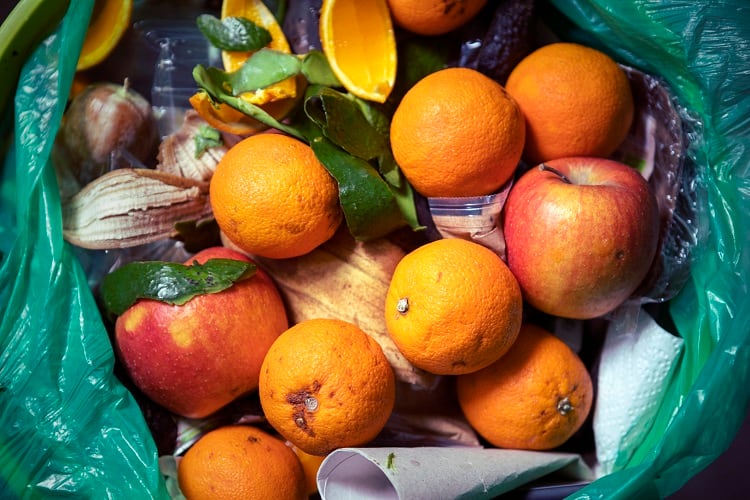
Once that information is logged, a Silo smartphone app will be able to communicate to consumers how much of a particular food product is left, and for how long it will remain fresh. The app reminds consumers to use particular foods before they spoil and alerts shoppers if they are purchasing too much of a particular item. It can also tell consumers when they’re running low and need to place their next food order.
“We believe the system can help reduce household waste by 20-40% and it will show [consumers] how much their saving,” Lapidot told this publication. “It’s not just a blind saving – you can look at the app and see how much you have reduced your carbon footprint this month.”
B2B opportunity?
Lapidot wants to take Silo to the European market, but its first focus is on the US.
Not only does the US represent a large market, but consumers are more accustomed to voice interfaces. With larger kitchens, US consumers are also more likely to buy in bulk, which can lead to increased food waste.
As to whether Silo will move from a B2C to a B2B model, the start-up is considering it.
Silo does see ‘opportunity’ in launching into foodservice, explained Lapidot. “But less with our vacuum technology, and more with helping [foodservice operators] manage stock and inventory.”


